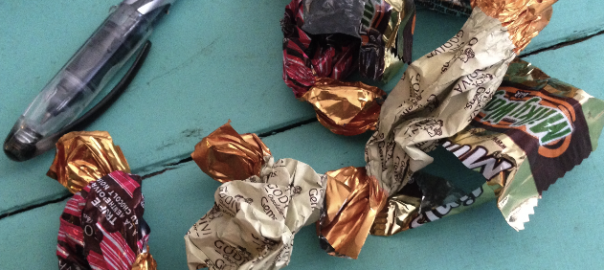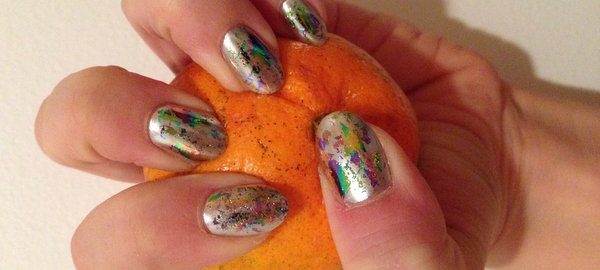When did “intuitive eating” become the Hunger & Fullness Diet? Can someone please explain to me why the world has forgotten the “intuition” part of “intuitive eating?”
Because let me tell you, “intuitive eating” does NOT mean “eating when you’re hungry and stopping when you’re full…or else.”
It means using that little voice inside of you—the same voice that reminds you to lock your door before you fall asleep, and not go home with that guy you met at some bar.
Your intuition is a product of your mind, body and spiritual knowing. It’s a part of your body—hence hunger and fullness play an important role in guiding it—but it’s not ONLY your body.
It’s also informed by logic, environment, as well as something entirely different — something metaphysical; something only you can know in yourself.
It’s the voice that tells you what to order at a restaurant when you’re not hungry at all, but want to enjoy food and festivities with friends.
(If you’ve emailed me and asked me what to do when “you’re not hungry” but have set dinner plans, you’re definitely on the “Hunger and Fullness Diet,” and not eating intuitively).
Bring the “intuition” back into your intuitive eating journey, and your world will change.
Not just your food—Your World.
Hint: Intuitive eating is practice for intuitive living, and vice versa. They can not be successfully separated.







